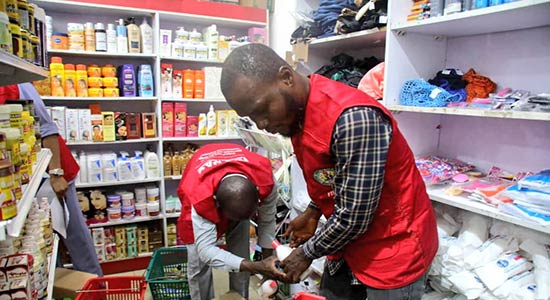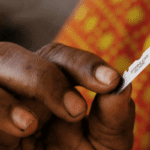Early on the morning of September 30, the National Agency for Food and Drug Administration and Control (NAFDAC) announced the withdrawal of 101 pharmaceutical products.
The prohibition, announced over the Agency’s official X handle, spans some of the country’s most relied-upon drugs, such as antimalarials, cardiovascular medicines, diabetes treatments, inhalers, insulin, including eye drops.
For patients dependent on them, the news hit like a thunderclap. For regulators, however, it was a necessary strike against a persistent scourge.
Unsafe and substandard drugs have long plagued Nigeria’s healthcare system. In 2023, the World Health Organisation estimated that up to 10% of medicines in low- and middle-income countries were fake and substandard.
The reality of this statistic is manifested in the frustration of mothers with malaria medications that fail to heal their sick children. Related to this are the counterfeit pills that worsen the heart conditions of ailing patients.
There are several reasons for NAFDAC’s recent prohibition. Some products were voluntarily withdrawn by their authorisation holders, while others lost their licences due to compliance failures. However, the agency’s action sets a clear boundary.
But while the news raised fears of drug shortages, it also brought the focus on existing alternatives. The Mobile Authentication Service is a system introduced by NAFDAC to empower everyday Nigerians. By scratching a panel on a medicine pack and sending the code via text, a consumer can instantly know whether a drug is genuine or fake.
For many families, this small act has been lifesaving. Such tools are reminders that while counterfeiters are crafty, vigilance and technology can keep consumers one step ahead.
Interventions similar to NAFDAC’s
Nigeria is not alone in this fight. The African Union has begun harmonising medicine regulations across the continent through the African Medicines Agency (AMA), a platform designed to ensure uniform standards and quicker detection of counterfeit drugs.
The WHO has also been working in collaboration with African regulators to build laboratory capacity and provide training for inspectors.
These partnerships mean that when NAFDAC pulls unsafe drugs from the shelves, it is not an isolated effort but part of a larger shield of protection.
International cooperation ensures that the burden does not fall solely on Nigeria’s shoulders but is shared across borders where counterfeiters often operate freely.
There is also a growing belief that the long-term solution lies in strengthening local production. Over the past decade, Nigerian pharmaceutical companies have begun investing in facilities that meet international Good Manufacturing Practice (GMP) standards.
By producing drugs domestically under close regulatory watch, the risks of importing unsafe or compromised medicines shrink significantly. Local production is about sovereignty over the quality of medicines Nigerians consume.
Although disruptive, NAFDAC’s withdrawal of these drugs from the commercial market is a courageous attempt to reset the system. Patients are likely to struggle with the adjustments in the short term, but it signals a commitment to safety above convenience.
This fosters trust, strengthens regulation and ensures that a mother can buy malaria medicine without detrimental side effects on her child.
With MAS codes in pharmacies, international support through AMA and WHO, and a new wave of local drug production, NAFDAC shows that it’s winning the war against counterfeit drugs. However, this momentum has to be sustained so that when Nigerians reach for medicine tomorrow, they do so with confidence, not fear.
Summary not available at this time.






